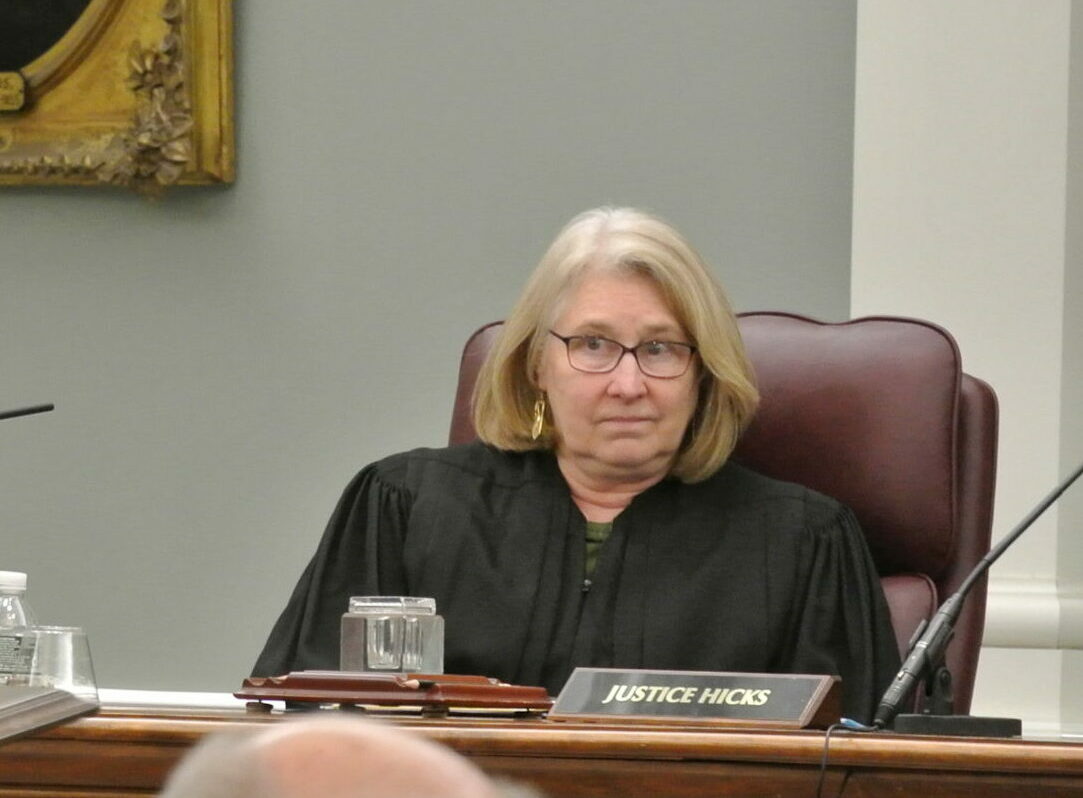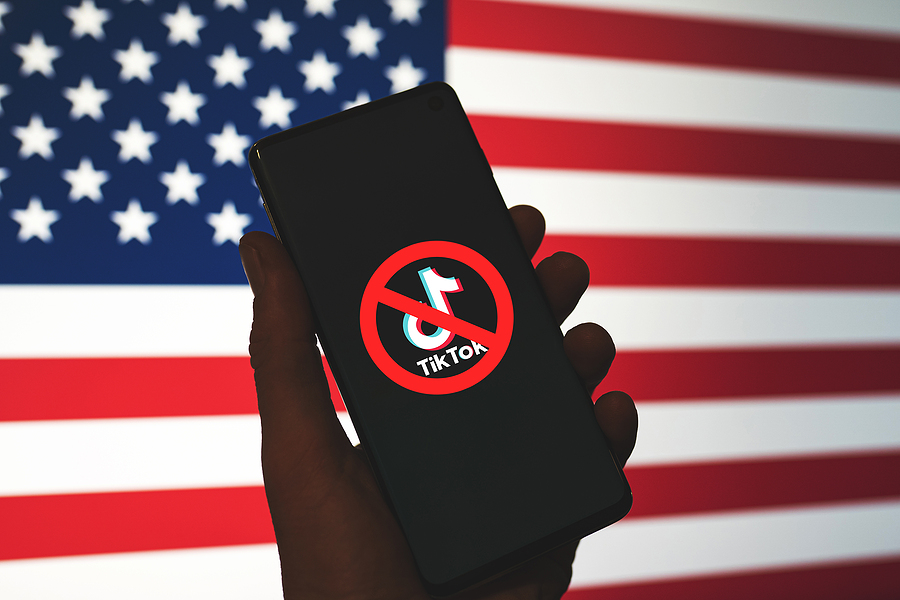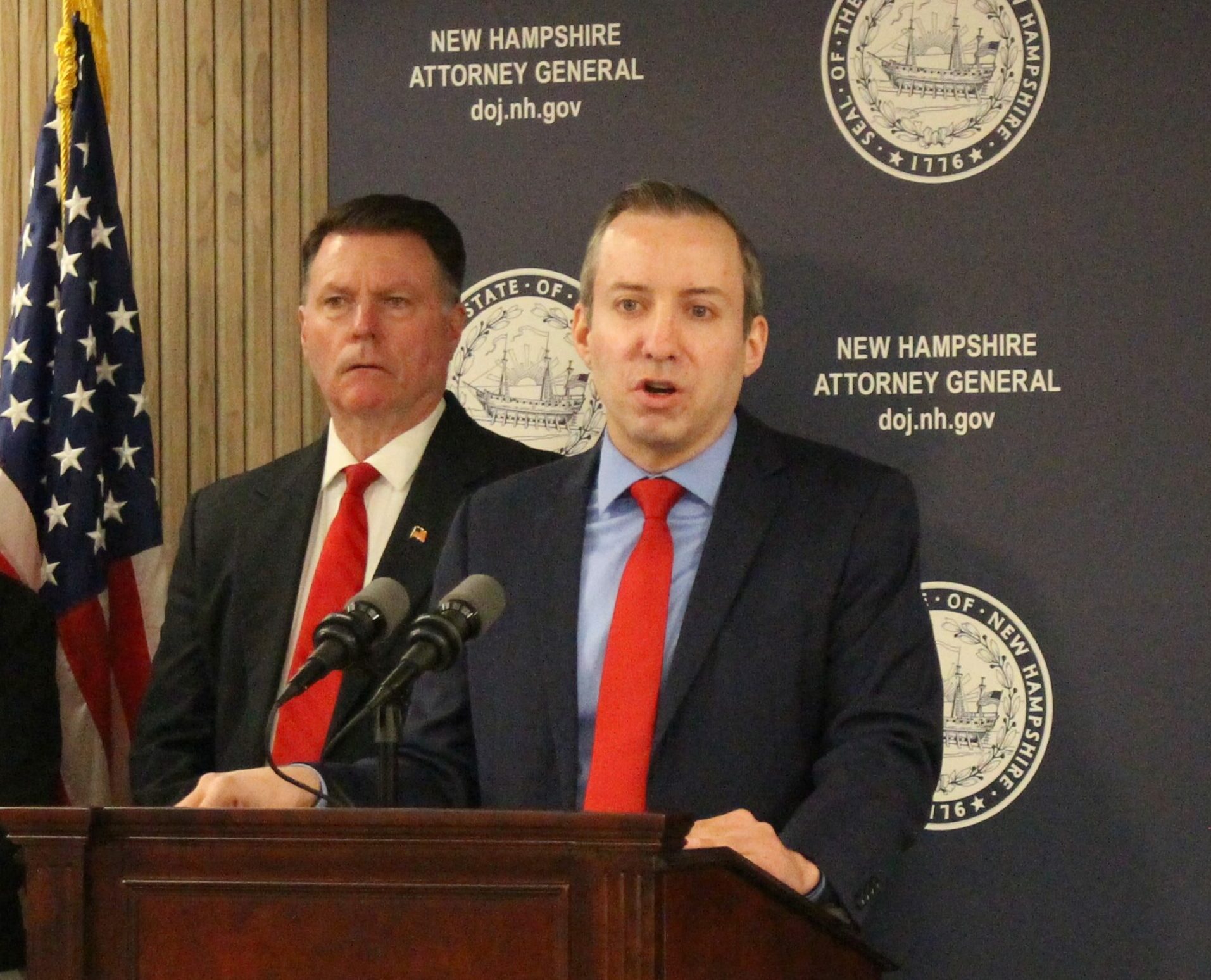Judge Orders Delay in Hantz Marconi Trial in Face of Defense Objections

After being accused of withholding evidence, prosecutors agreed to drop their objections and allow a 60-day delay in the criminal trial of Associate Supreme Court Justice Anna Barbara Hantz Marconi.
The trial had been set for Sept. 2, but significant issues remain unresolved, including accusations that prosecutors are withholding evidence and manipulating the discovery schedule to disadvantage the defense. The defense is also questioning the role of Attorney General John Formella as the initial investigator in the case. And there is the broader legal question of what, if anything, sitting members of the state Supreme Court can be required to testify to on the witness stand.
On Thursday, Merrimack County Superior Court Judge Martin Honigberg ordered the trial pushed back until at least November. A hearing scheduled for Friday on the defense motion to dismiss the indictments and to disqualify Formella—along with the state’s motion to quash a defense subpoena seeking Formella’s testimony—has been postponed to the week of Sept. 2 under Honigberg’s order.
Hantz Marconi is charged with several counts for allegedly trying to get Gov. Chris Sununu and others to drop the investigation into her husband, former Ports Director Geno Marconi. The most significant charges involve events during a meeting in Sununu’s office last year at which the Republican governor’s lawyer, Rudy Ogden, served as a witness.
This week, Hantz Marconi’s attorneys, Richard Guerriero and Jonathan Kotlier, accused the state of playing games with the evidence. In a filing Monday, they said they have repeatedly requested records of Sununu’s meetings with other judges, similar to his meeting with Hantz Marconi.
Twice the state has claimed no such records exist, and twice the defense has disputed that assertion.
“Nevertheless, the defense believes that the State still possesses the requested material. For example, since October of 2024, the defense has been asking the State to produce records of Sununu’s meetings with other judges or justices. In writing, the State has twice denied possessing such evidence. Yet, the discovery produced by the State indicates that such meetings occurred,” Guerriero and Kotlier wrote.
According to the defense, the state also tried to shield Formella’s role as the original investigator who appears to have initiated the case against the sitting justice—a role they argue violates Department of Justice rules and could make Formella a material witness. Evidence implicating Formella as a potential witness was only recently released, the defense says, and prosecutors have argued it is now too close to the trial to litigate Formella’s alleged conflict of interest.
“The State would like to manipulate the proceedings so that no matter when the defense asserts Formella’s conflicts of interest, there will always be a procedural bar,” Guerriero and Kotlier wrote in a July 21 filing.
Before the delay, the stage was set for an unusual trial likely to feature testimony from a who’s who of state leaders about a murky set of facts. Sununu, Formella, Ogden, New Hampshire Supreme Court Chief Justice Gordon MacDonald, Pease Development Authority Chair Steven Duprey, and Associate Justices Patrick Donovan, Melissa Countway, and James Bassett are all potential witnesses.
Both Sununu and Ogden, who is now a Superior Court judge, have said Hantz Marconi did nothing improper or illegal during her conversation last year. Duprey also told investigators he spoke with Hantz Marconi and did not believe she crossed any legal or ethical lines.
Hantz Marconi maintains she was expressing frustration about recusing herself from Supreme Court cases involving the Department of Justice while her husband was being investigated by the Public Integrity Unit of the Attorney General’s Office. How that conversation became a criminal case remains unclear, given statements from Sununu, Ogden, and Duprey denying wrongdoing. It was not known until last month that Formella had initiated the investigation on his own.
Geno Marconi, who has since retired as Ports Director, faces trial in November on charges of illegally obtaining private driving records and sharing them with Bradley Cook. Cook, a fishing boat captain and former chair of a ports advisory committee, also faces charges in the alleged records scheme.
The case against Geno Marconi and Cook is as unusual as the one against Hantz Marconi. Prosecutors say Geno Marconi obtained and shared the car and boat registrations of Pease Development Authority Vice Chair Neil Levesque. However, according to records in Geno Marconi’s case, Levesque was applying for a pier permit at the time and was required to submit copies of his vehicle registrations. Court records indicate Marconi and Cook would have had access to those records in their official roles.
Levesque and Geno Marconi have clashed in recent years over Marconi’s management of businesses operating at Rye Harbor. A civil lawsuit accuses Marconi of targeting the owners of the Rye Harbor Lobster Pound restaurant to benefit his sister, Francesca Marconi Fernald, who operates Geno’s Chowder and Sandwich Shop, a business started by their parents.






